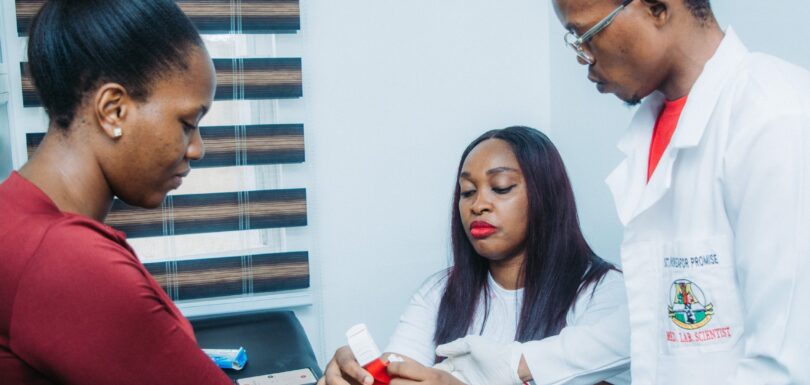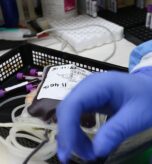Myths and Misconceptions About Blood Donation: Separating Fact from Fiction
Blood donation is a life-saving act that can benefit both the donor and the recipient. However, there are still many myths and misconceptions surrounding blood donation that prevent people from becoming regular donors. At Blood Cells Rescue, we are committed to raising awareness about the importance of blood donation and debunking the myths that surround […]







